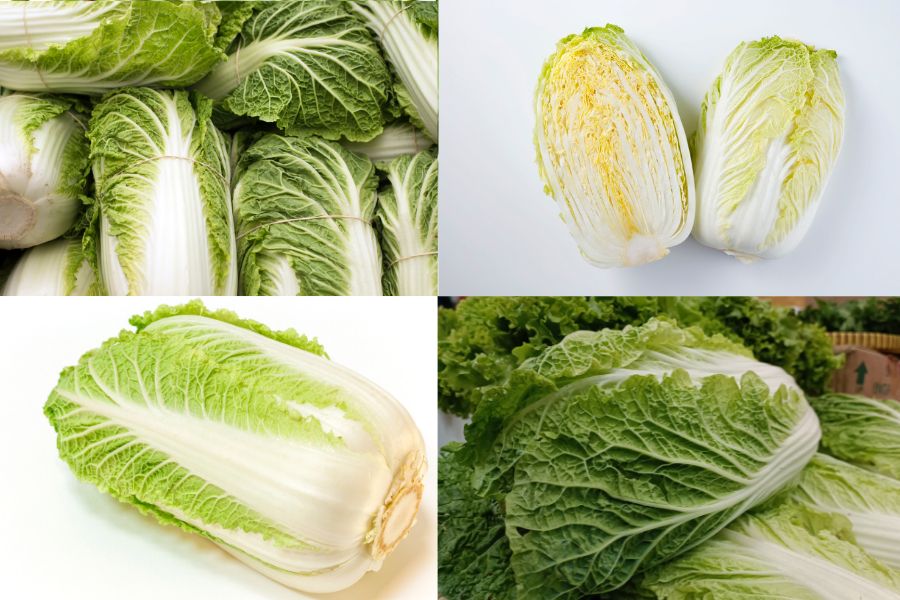Rosemary contains a lot of water and fiber, helping to maintain stable blood sugar levels after eating. Some studies show that cruciferous vegetables, including Chinese cabbage, can help reduce the risk of diabetes. In addition, manganese in Chinese cabbage also helps prevent sudden increases in blood sugar.
In addition, Chinese cabbage is rich in highly soluble fiber, which helps with better digestion and promotes bowel movements, helping the body absorb nutrients effectively. This vegetable also helps increase probiotics in the intestines, contributing to improving digestive health. Rosemary contains sulfur - an important compound that helps protect the intestinal lining, supports glutathione production and reduces the risk of infection or rectal cancer.

In particular, Chinese cabbage is rich in vitamin B9, which is beneficial for the circulatory system and cardiovascular health. The rich fiber content in this vegetable helps reduce bad cholesterol, thereby limiting the risk of heart disease. Rosemary also contains potassium and copper, which help control blood pressure and reduce atherosclerosis.
100g of Chinese cabbage contains about 28mg of vitamin C - an important nutrient that helps strengthen the immune system, fight aging and support the production of white blood cells. Vitamin C also contributes to protecting and regenerating tissues in the body.
However, people with digestive diseases, people with muscle that is susceptible to respiratory diseases, and colds should not eat a lot of mustard because this vegetable is weldable.











